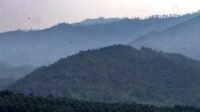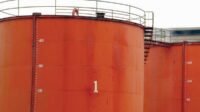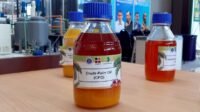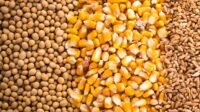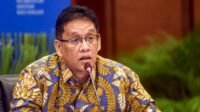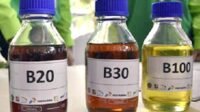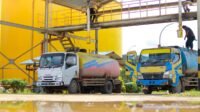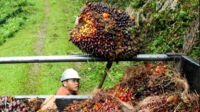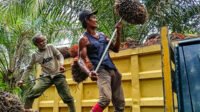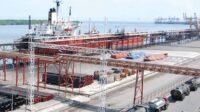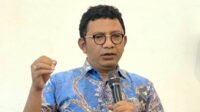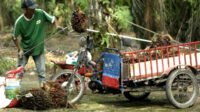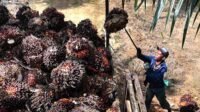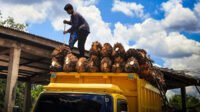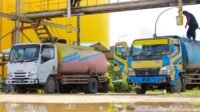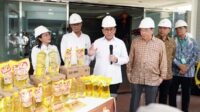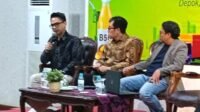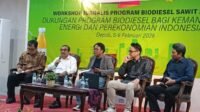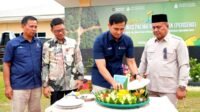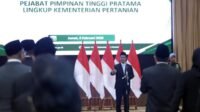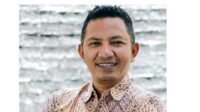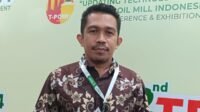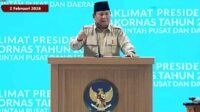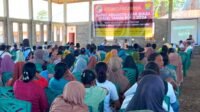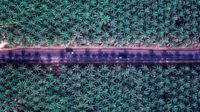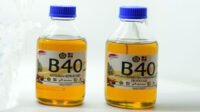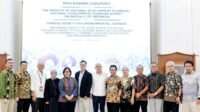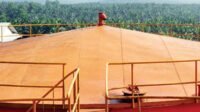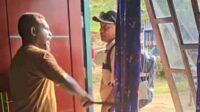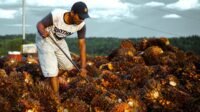PALMOILMAGAZINE, JAKARTA — PT Agrinas Palma Nusantara (Persero) held an internal strategic meeting to discuss the management of state-owned land and assets entrusted by the Attorney General’s Office to the Ministry of State-Owned Enterprises (BUMN), and subsequently assigned to Agrinas Palma for administration. This discussion marked a significant step in ensuring sustainable management of state assets, particularly in the palm oil plantation sector.
Based on the official handover record signed on March 10, 2025, between the Attorney General’s Office and the Ministry of SOEs, Agrinas Palma was tasked with managing 221,868.41 hectares of land and 14 palm oil mills (PKS) located across Riau and West Kalimantan. These assets were previously operated by entities affiliated with PT Duta Palma.
The meeting, chaired by Agrinas Palma President Director Lt. Gen. (Ret.) Agus Sutomo, SE, focused on formulating tactical and strategic measures to manage the assets. In his opening remarks, Agus emphasized the need to build a strong and productive company grounded in the trust of the Indonesian government.
Also Read:
“We are committed to continuously improving productivity and performance, with the goal of becoming a reliable steward of state assets,” said Agus, as reported by Palmoilmagazine.com from Agrinas’ official website on Sunday (July 6, 2025).
Maj. Gen. (Ret.) Cucu Somantri, Director of Plantations, explained that the company’s focus extends beyond production output to also include preserving the quality of assets to prevent depreciation.
“Our primary objective is to ensure that both plantations and processing facilities remain in optimal operating condition. This is about sustaining business operations while protecting the value of national assets,” he stated.
The strategic meeting covered several key agenda points, including updates on land mapping using drone technology, management of plasma participants within the plantation areas, handling of assets under the third phase of the Palm Oil Plantation for Hope (PKH) program, and planning for future palm replanting initiatives.
These initiatives are designed to ensure efficient and accountable asset management while generating positive impacts for surrounding communities. (P2)


